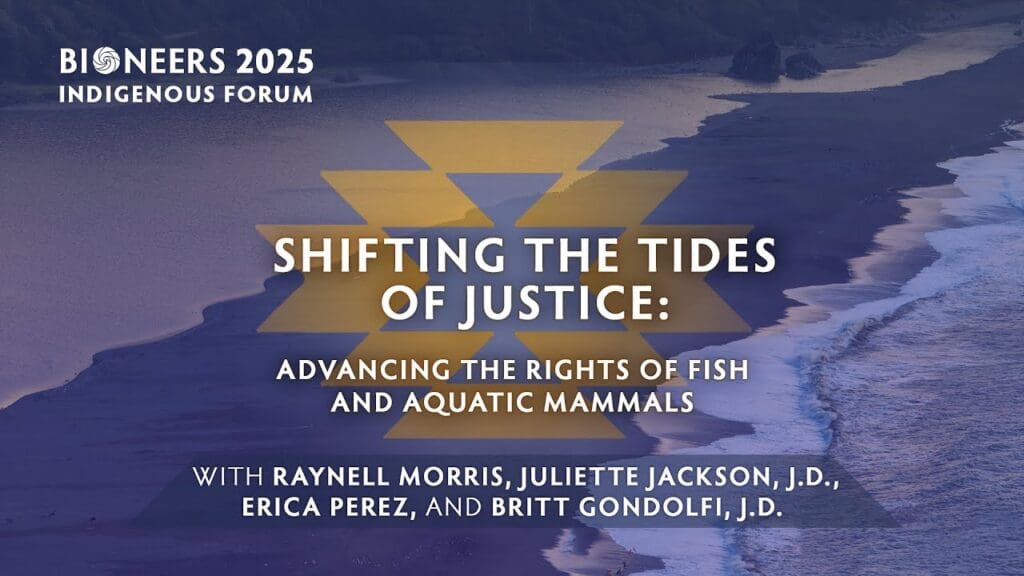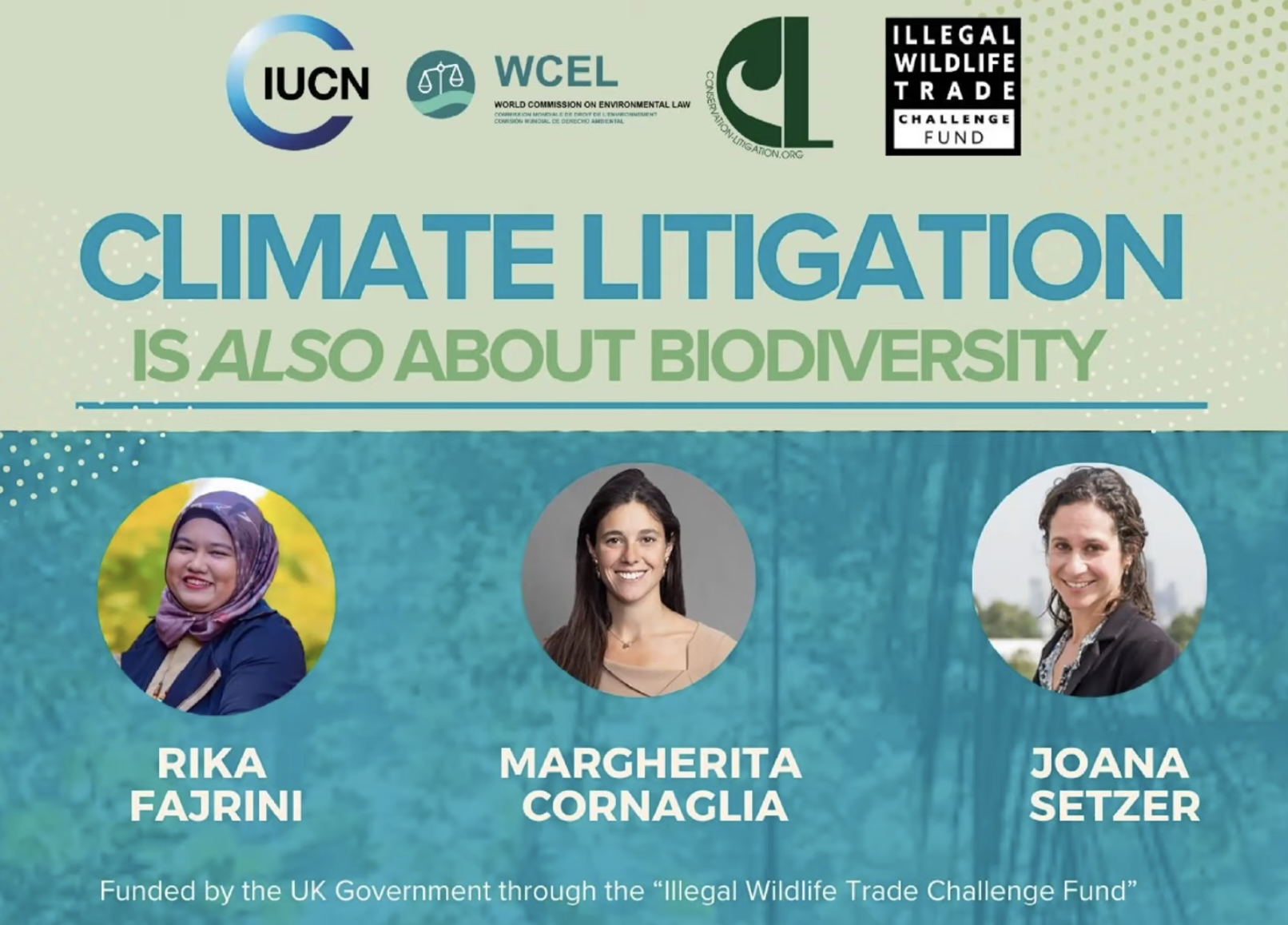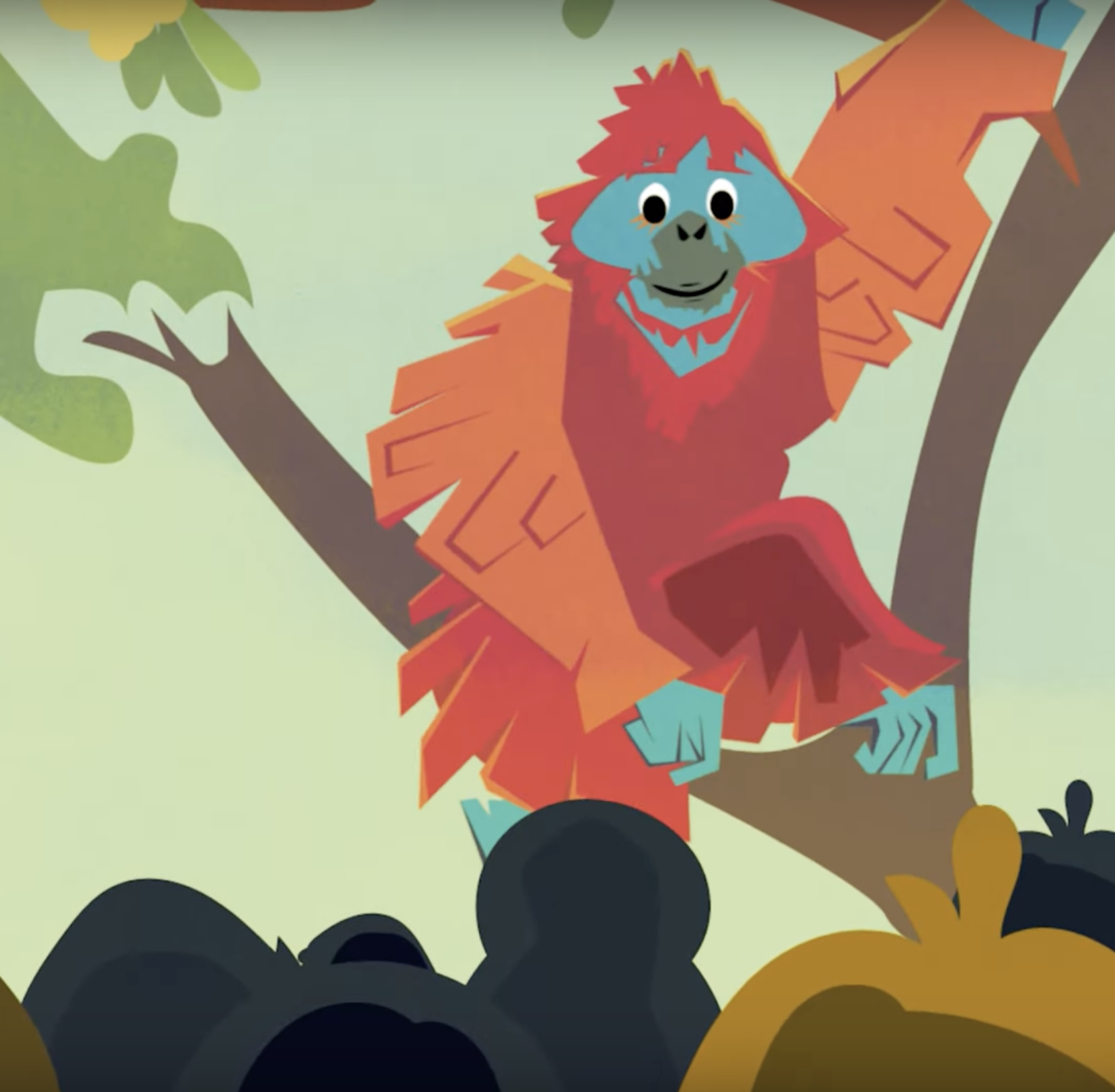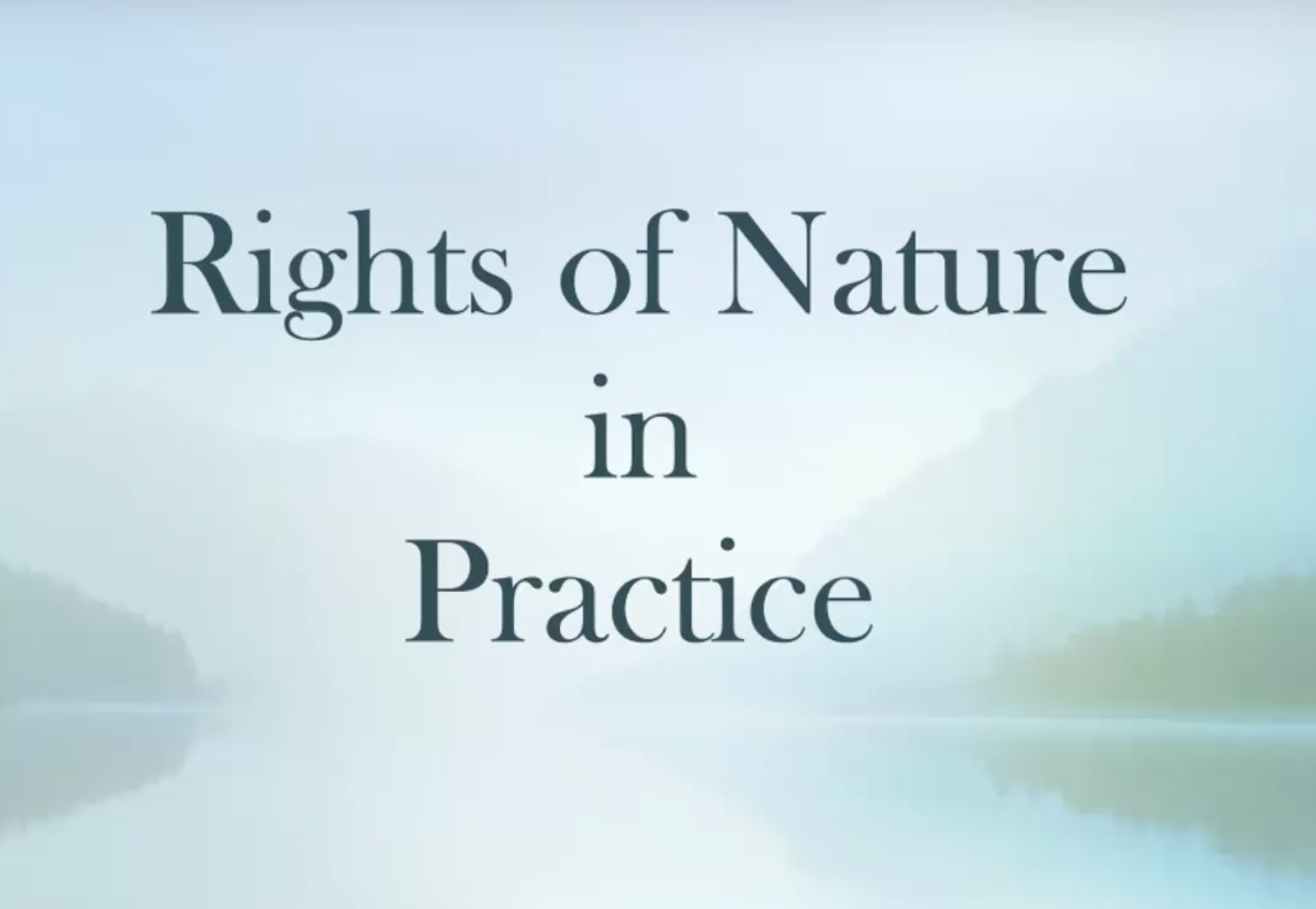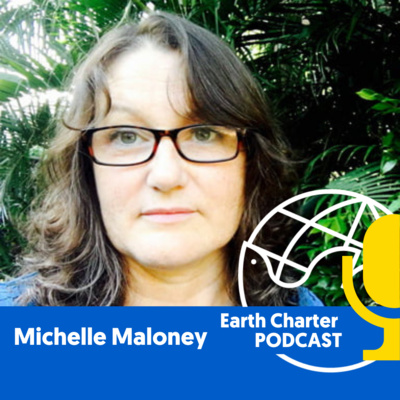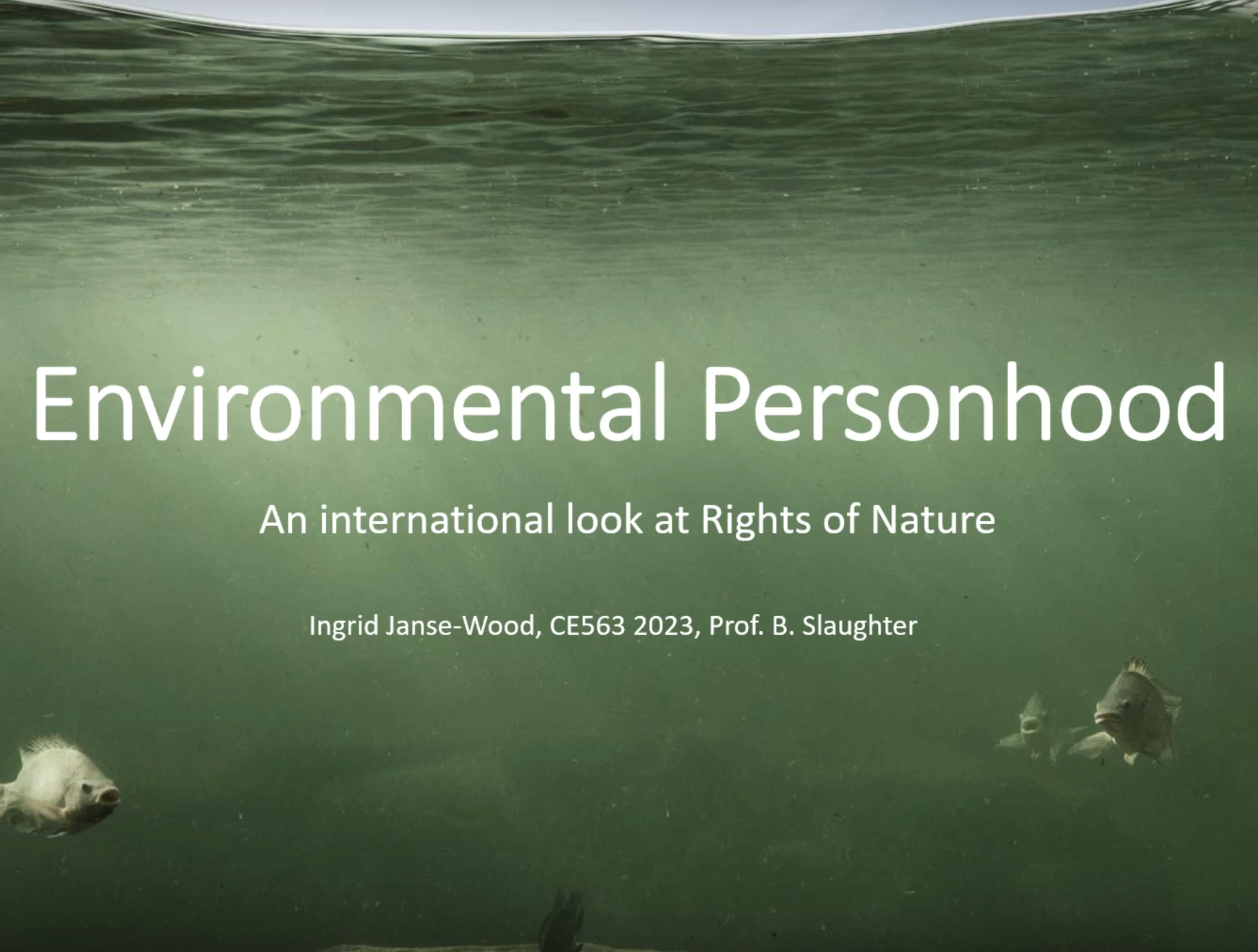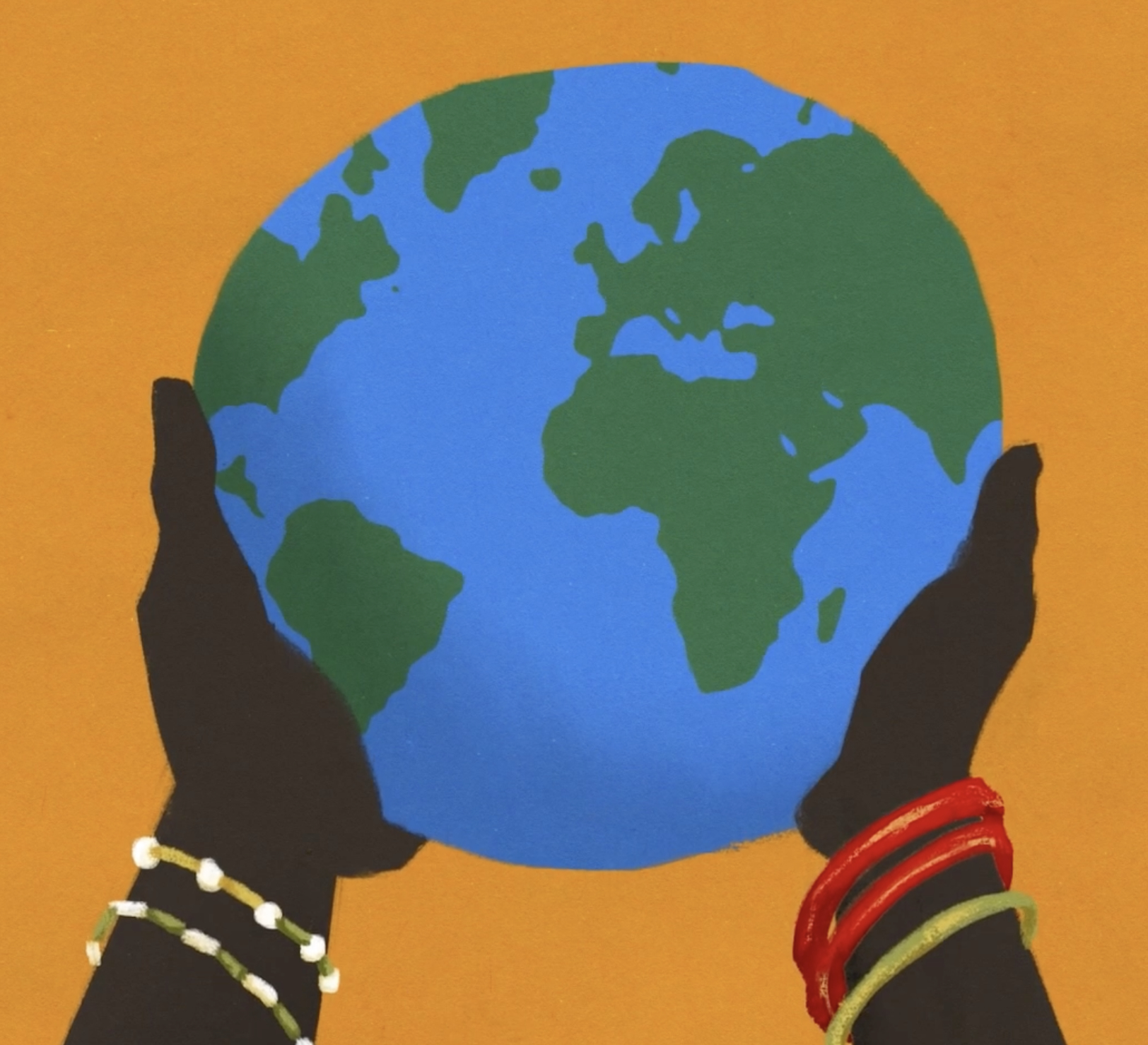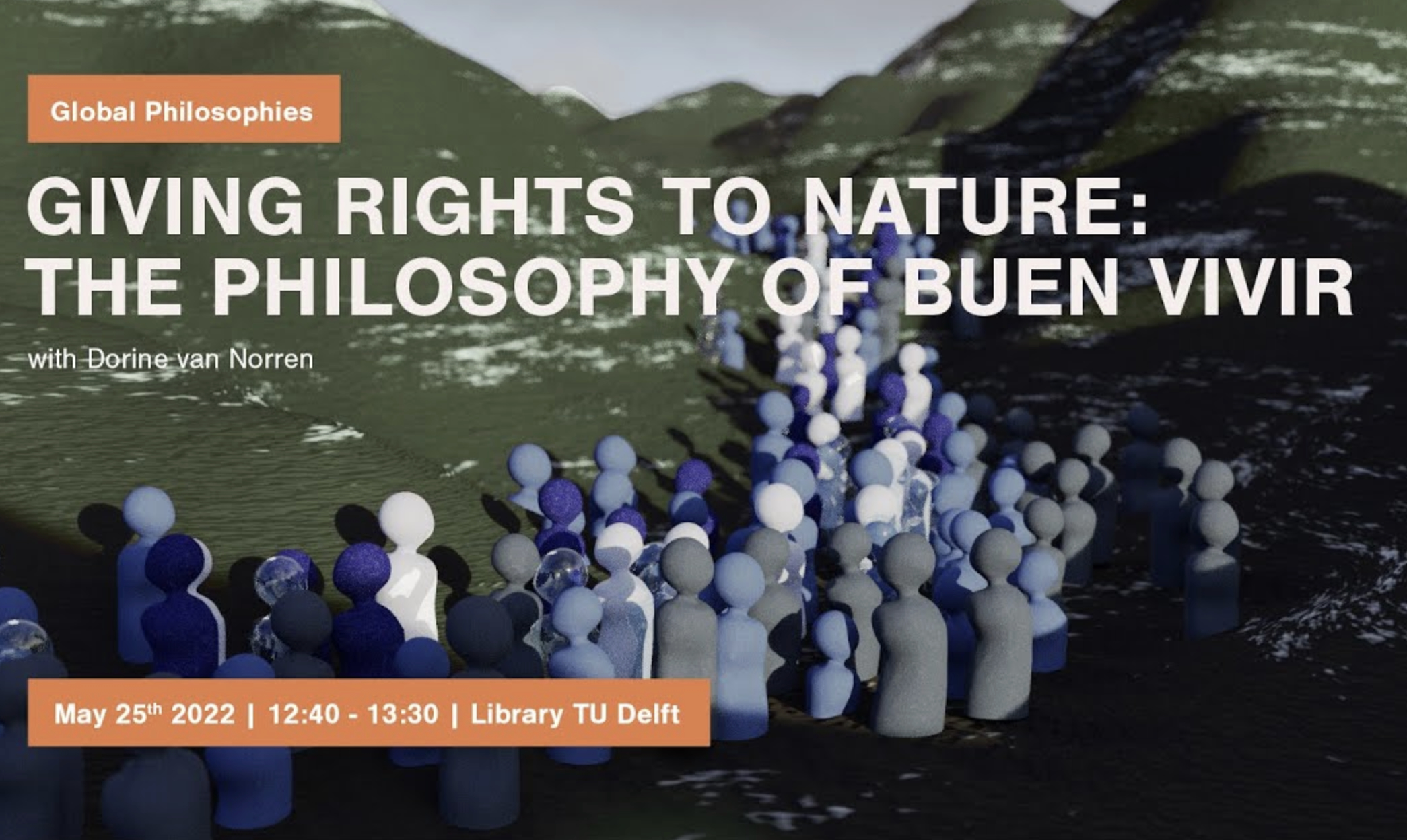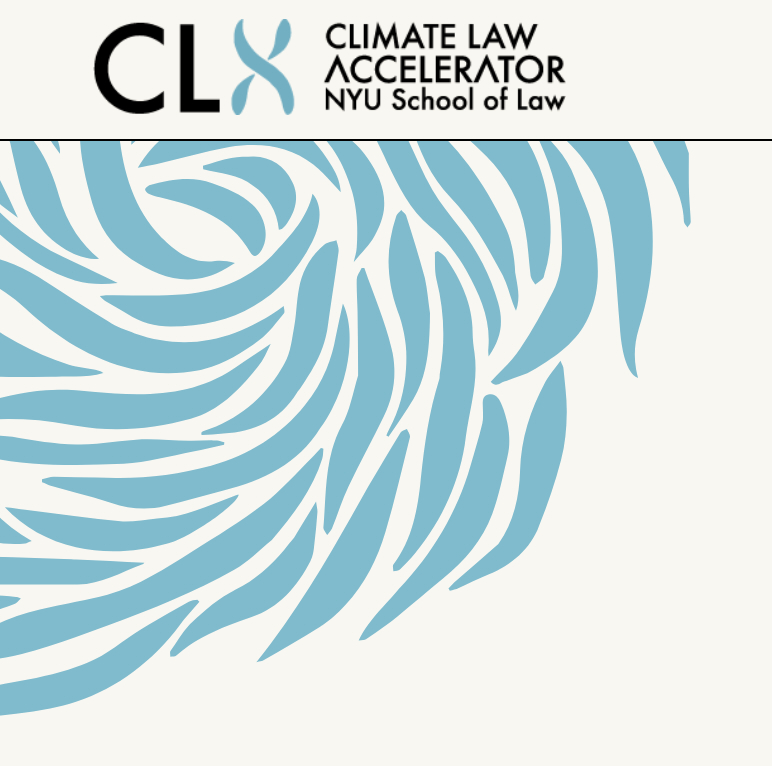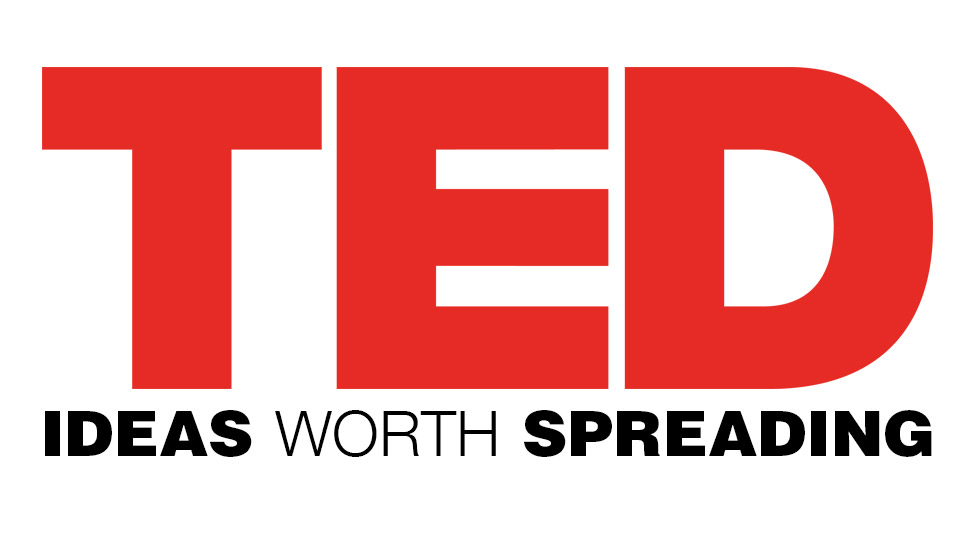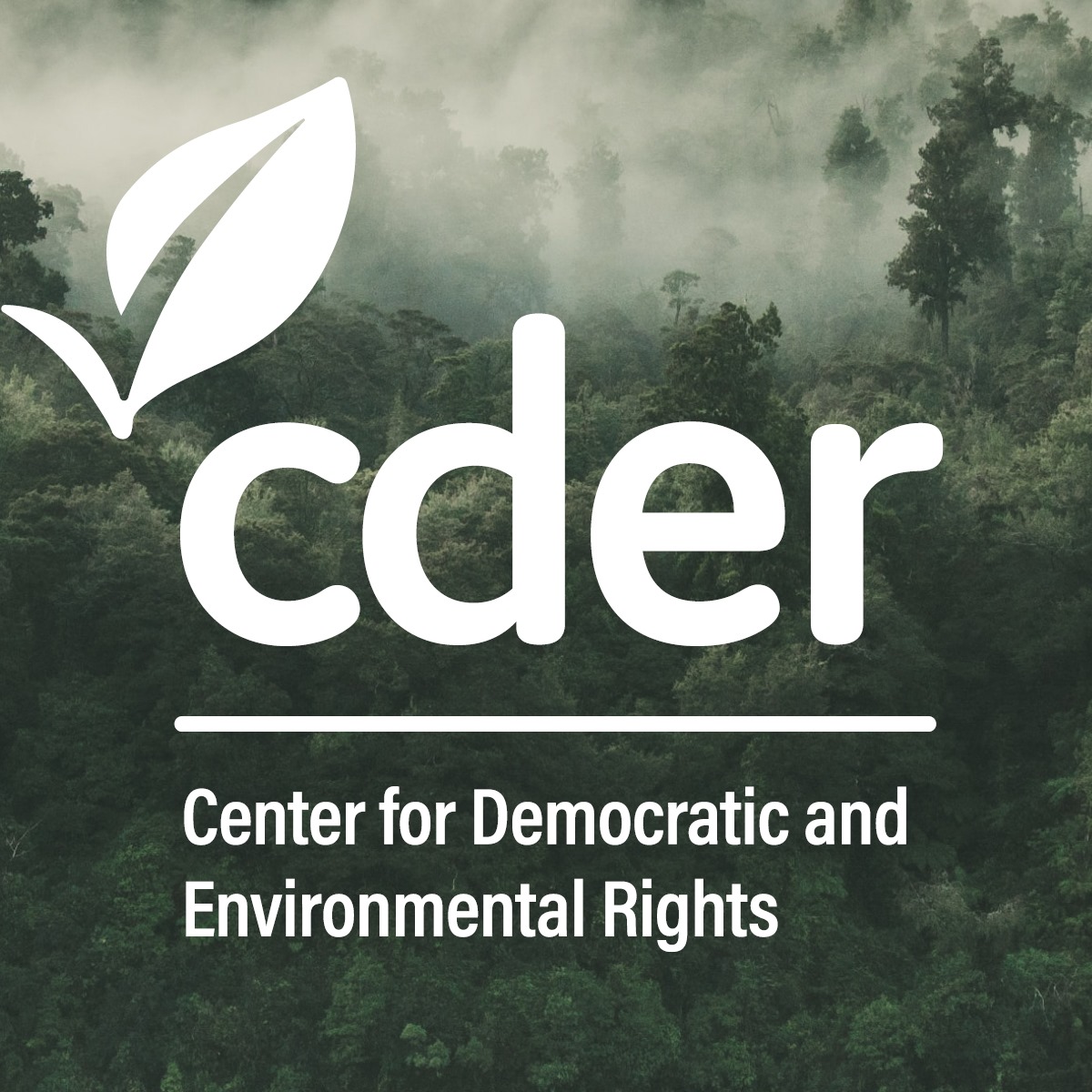Global: Multimedia
Further resources, if available, can be found in our full bibliography.
Shifting the Tides of Justice: Advancing the Rights of Fish and Aquatic Mammals
A transformative movement is emerging at the intersection of Tribal Sovereignty and the Rights of Nature, as Indigenous Nations lead efforts to recognize the inherent rights of fish, aquatic mammals, and the ecosystems they inhabit. This Bioneers 2025 Indigenous Forum panel explores how Tribal Nations are adopting Rights of Nature policies in a centuries-long effort to protect marine life and the ecosystems essential to all beings. This panel highlights the visionary leadership of Indigenous leaders who have spearheaded innovative laws and grassroots movements to integrate Indigenous values into Western legal systems.
Webinar: Climate Litigation is also about Biodiversity
Legal scholars and advocates examine how the Rights of Nature movement transforms environmental governance. The panel outlines legal innovations that recognize nature as a subject with enforceable rights.
Pongo the Stolen Orangutan: How law can heal
Pongo the Stolen Orangutan is a short animated film that tells the story of an illegally taken orangutan and explores how law can support ecological healing. It advocates for conservation litigation that restores ecosystems and holds perpetrators accountable beyond criminal punishment.
“The Rights of Nature and Earth jurisprudence” with Margaret Stewart, Center for Earth Jurisprudence (USA)
In this presentation, Margaret Stewart of the Center for Earth Jurisprudence explores how Earth jurisprudence reframes legal systems to recognize the intrinsic rights of nature. She emphasizes the need to move beyond anthropocentric legal frameworks and align governance with ecological relationships and Indigenous worldviews. The symposium, part of AELA’s Earth Laws Month, brought together speakers from across the globe to share insights on legal personhood for nature and Earth-centered governance.
Reflections on the Rights of Nature, Earth Laws, and Earth-centered Governance with Michelle Maloney
In this Earth Charter podcast episode, Michelle Maloney, co-founder of the Australian Earth Laws Alliance, discusses Earth jurisprudence as a framework for rethinking law, governance, and ethics in alignment with ecological limits. She highlights the role of Indigenous knowledge, community action, and legal innovation in advancing Earth-centered systems that respect the interconnectedness of all life.
Environmental Personhood Around the World (explainer)
This video outlines how countries have begun granting legal personhood to rivers, forests, and other natural entities. These laws allow nature to hold rights, appear in court through guardians, and receive formal legal protection. Philosophical and cultural foundations, including Indigenous worldviews, shape this shift by recognizing nature as a living community rather than property. The video presents examples from different regions to show how this legal concept is spreading globally.
Earth Jurisprudence Explained
This short film introduces key ideas behind ecological jurisprudence. It highlights global efforts to establish legal recognition for ecosystems and the Earth as a whole.
Giving Rights to Nature: The Philosophy of Buen Vivir with Dorine van Norren
This video explores the concept of the Rights of Nature through the South American philosophy of “Buen Vivir” (or “Sumak Kawsay”), which emphasizes harmony between humans and the natural world. Dorine van Norren examines how this Indigenous worldview has shaped Ecuador’s constitution and inspired legal cases recognizing nature’s inherent rights, raising questions about its broader impact on environmental justice and legal systems worldwide.
Ecocide: Emerging Norms and Litigation
The CLX Toolkit video library features short, expert-led presentations that explore climate litigation as a tool for systemic change. Topics include rights-based legal strategies, the role of international law, and how communities use litigation to confront climate harm and advance justice.
How to be a Good Ancestor
Philosopher Roman Krznaric argues that society must shift from short-term thinking to long-term responsibility. He calls for adopting a “cathedral thinking” mindset, or planning with future generations in mind, and offers practical ways to embed “long-termism” into politics, economics, and culture to ensure a livable planet for those who come after us.
CDER Webinars, Videos, and Presentations
The Center for Environmental Rights hosts a series of webinars that explore legal tools and case studies related to Earth-centered law. Experts examine the evolution of rights-based approaches to environmental protection.
Photo Credit: Parque Nacional Iguazú, Misiones, Argentina; Jonatan Lewczuk/Unsplash
